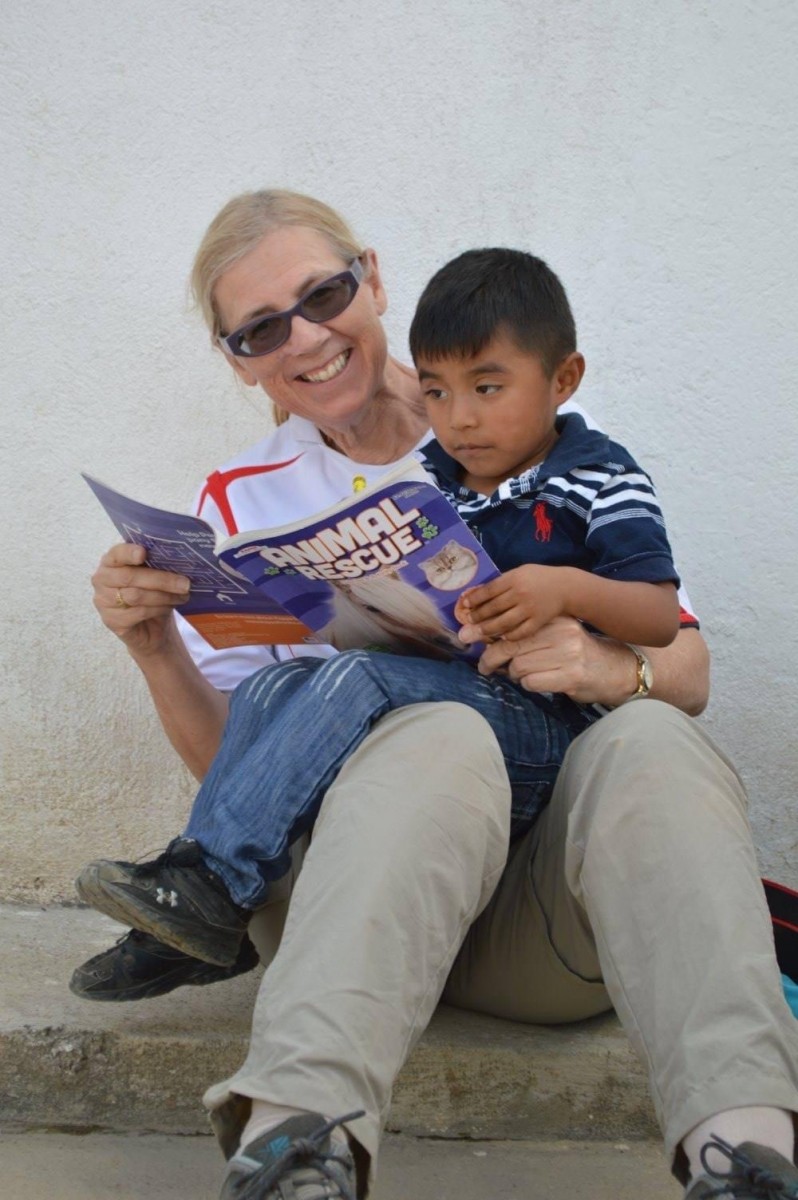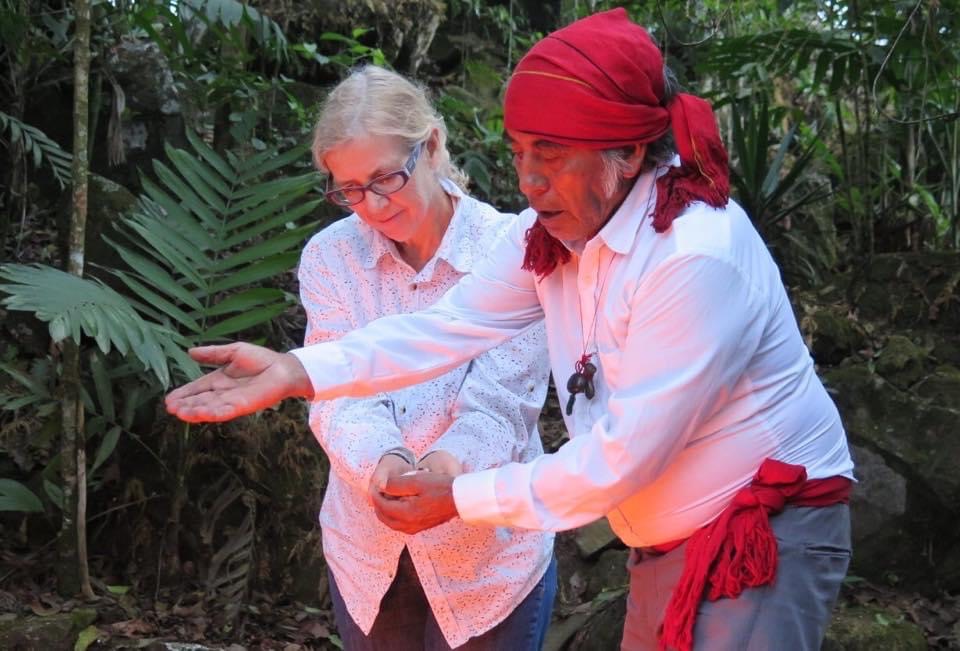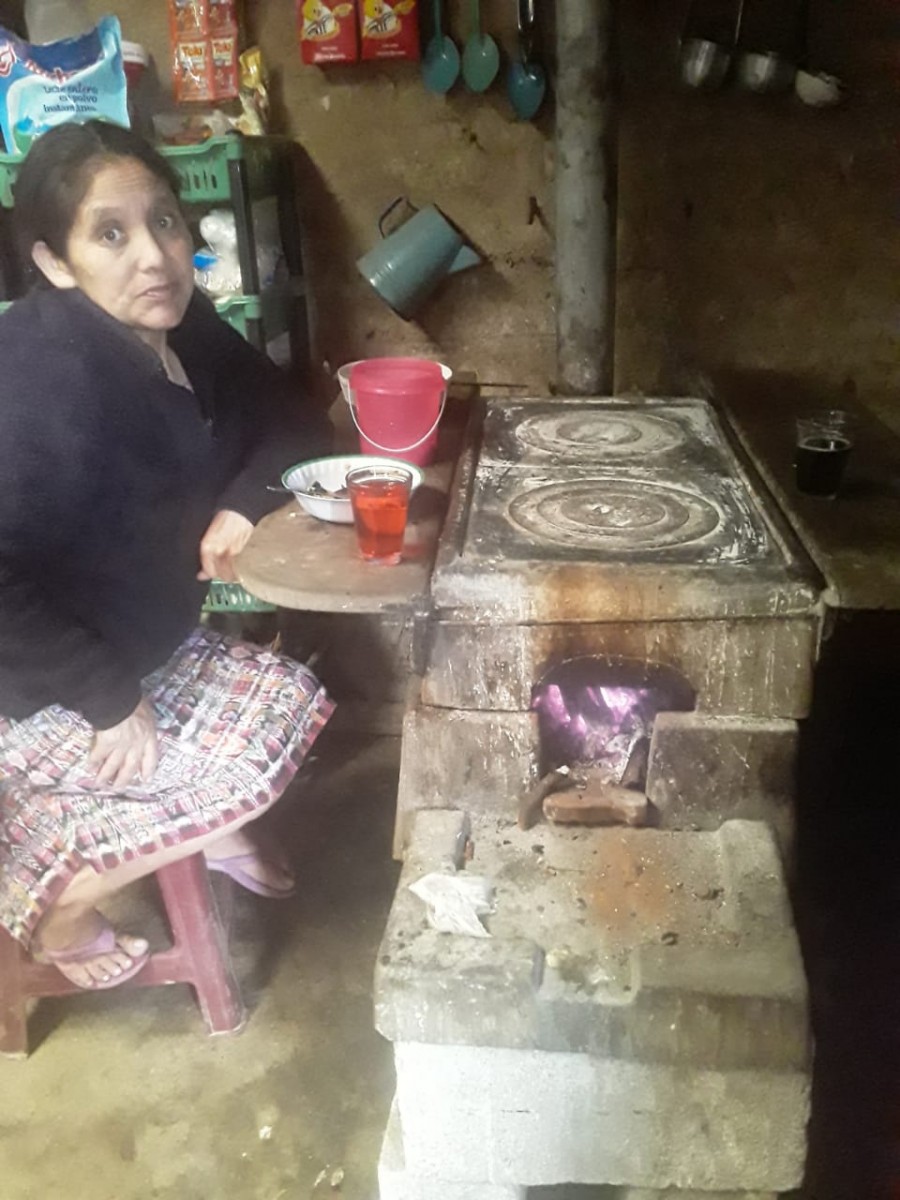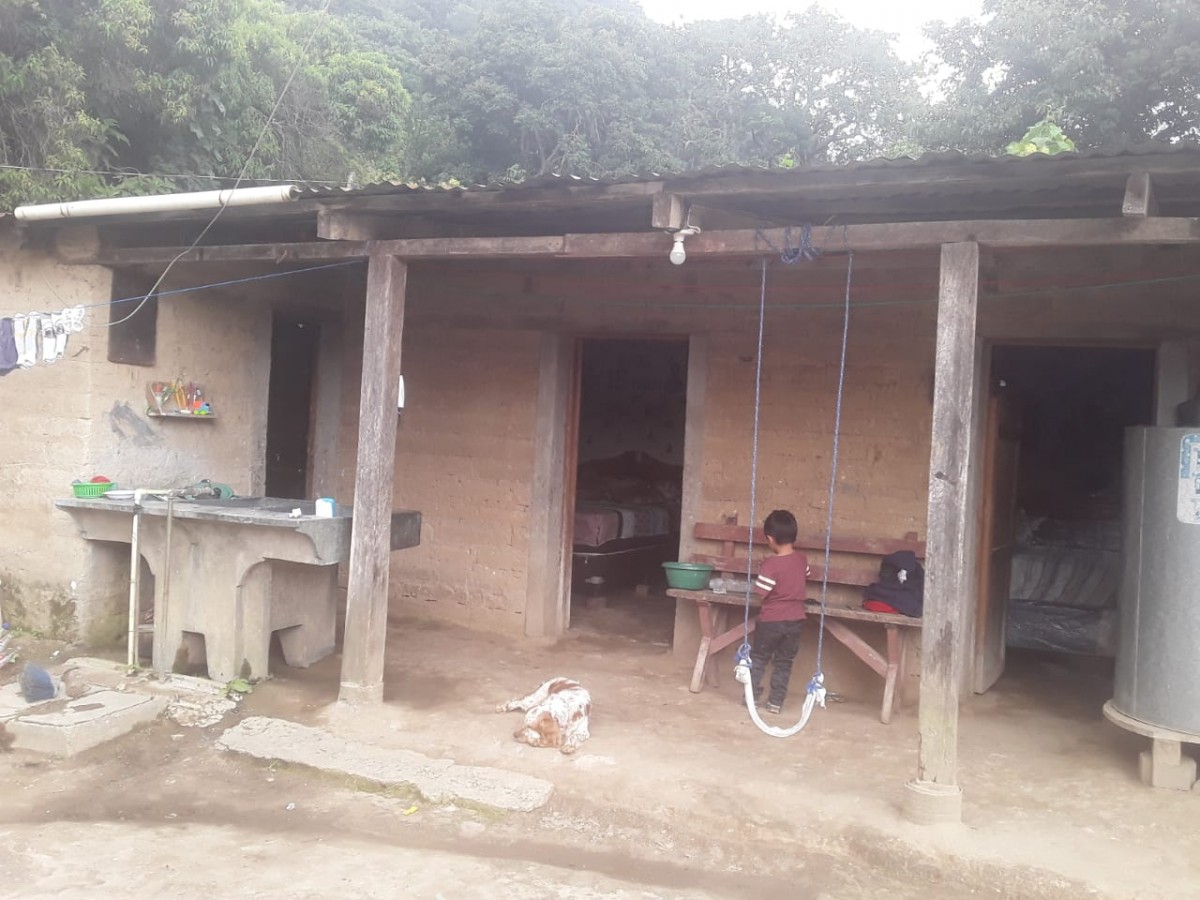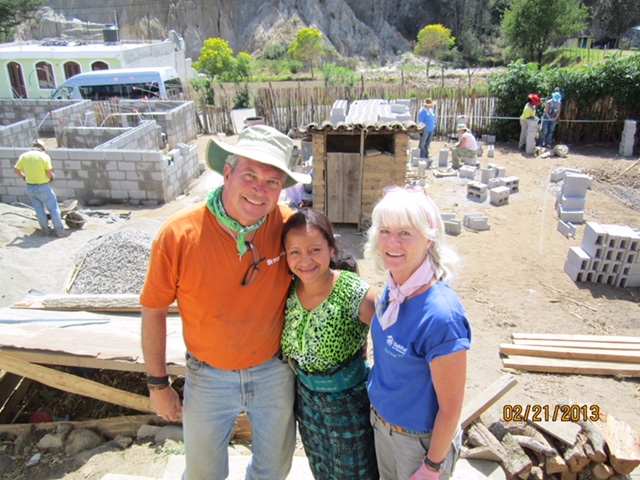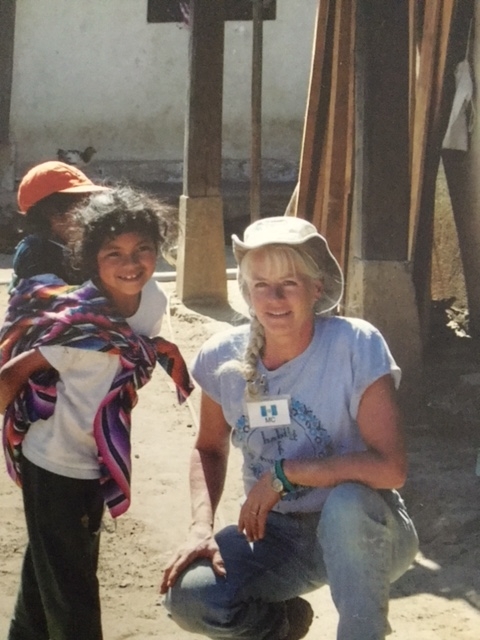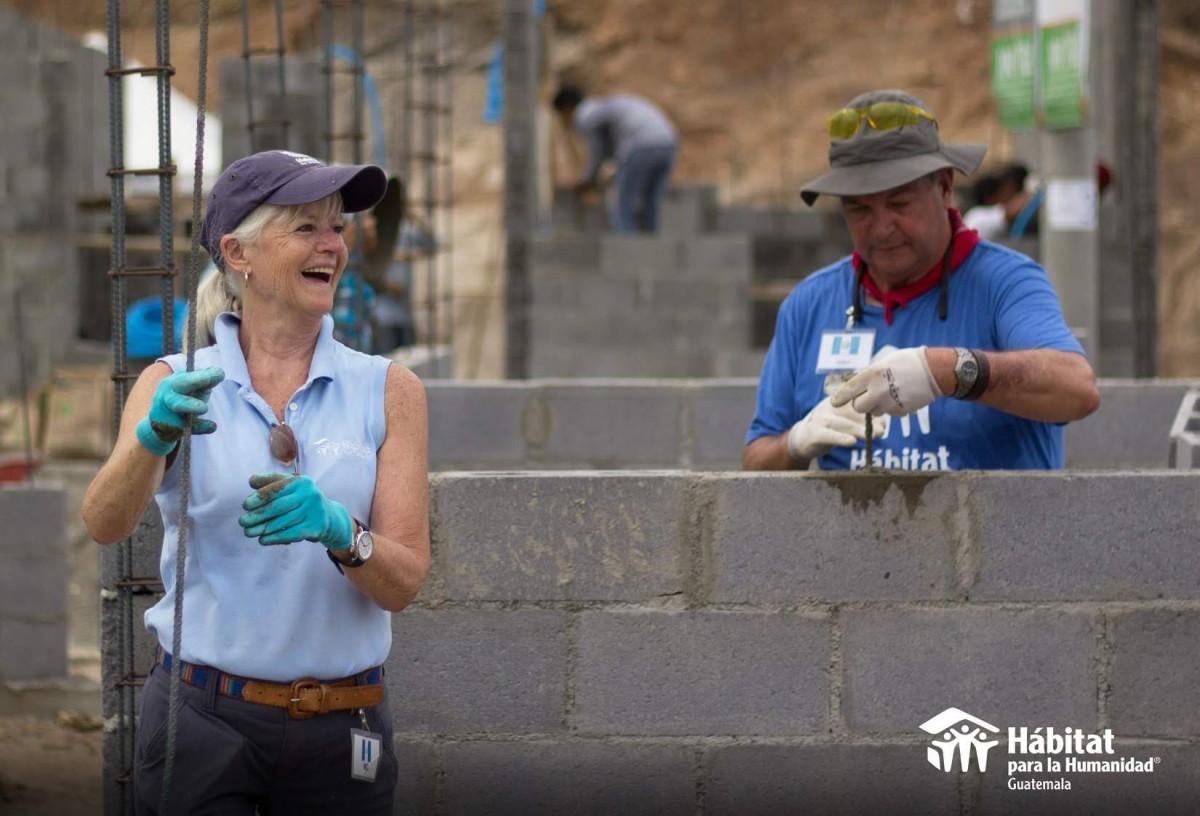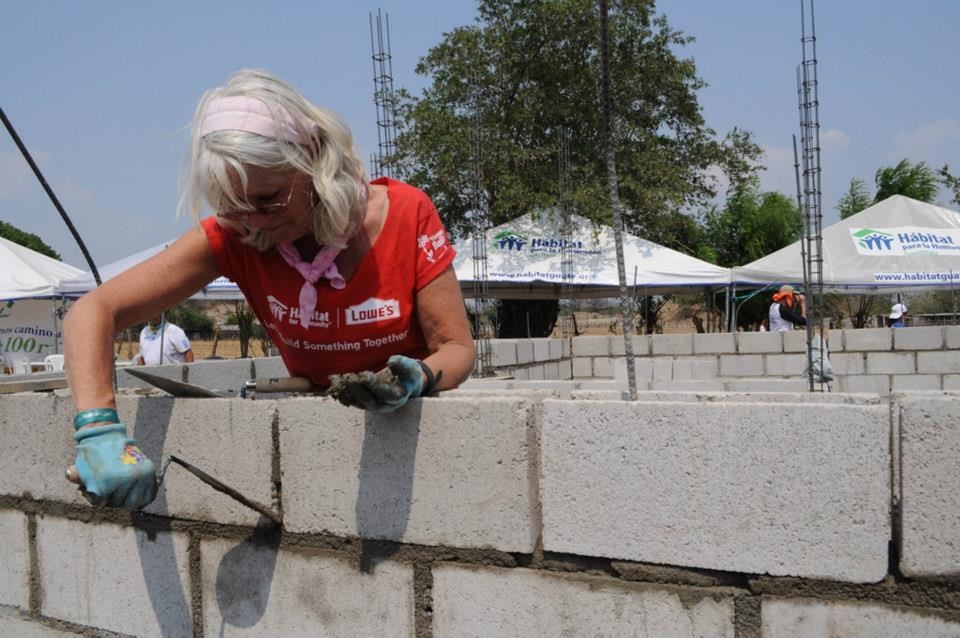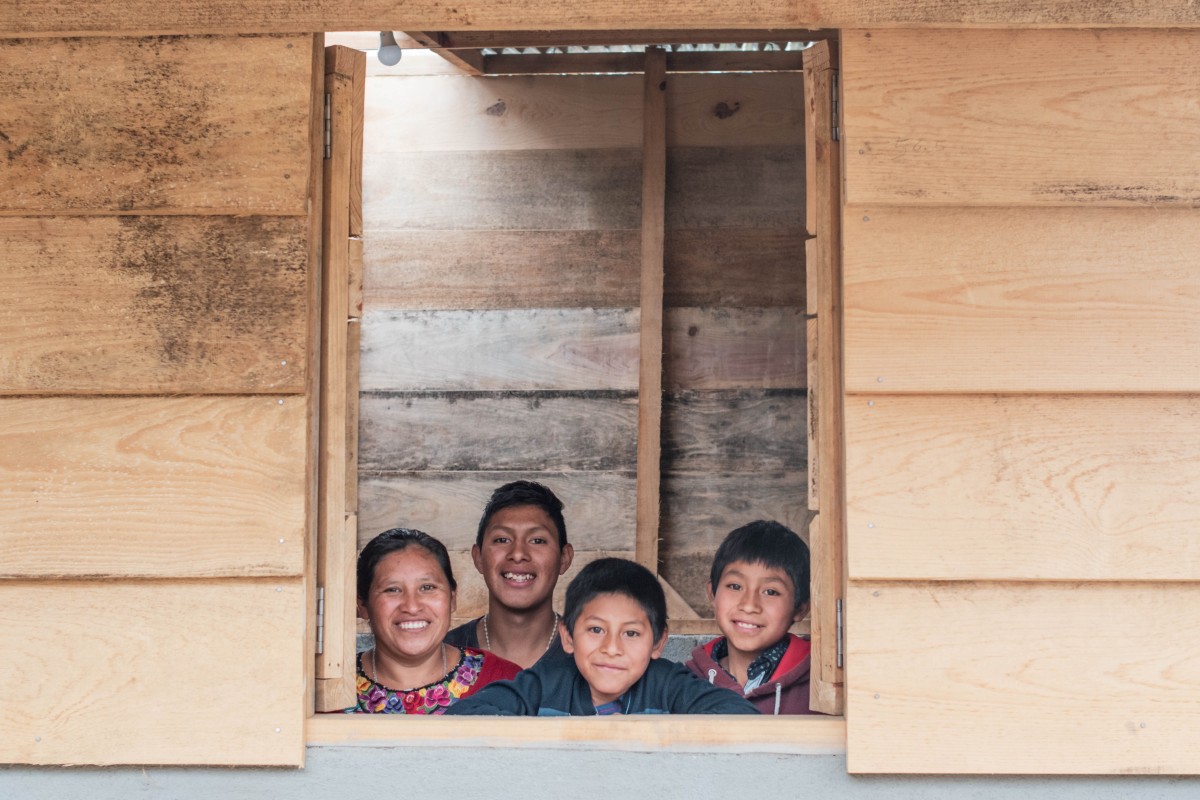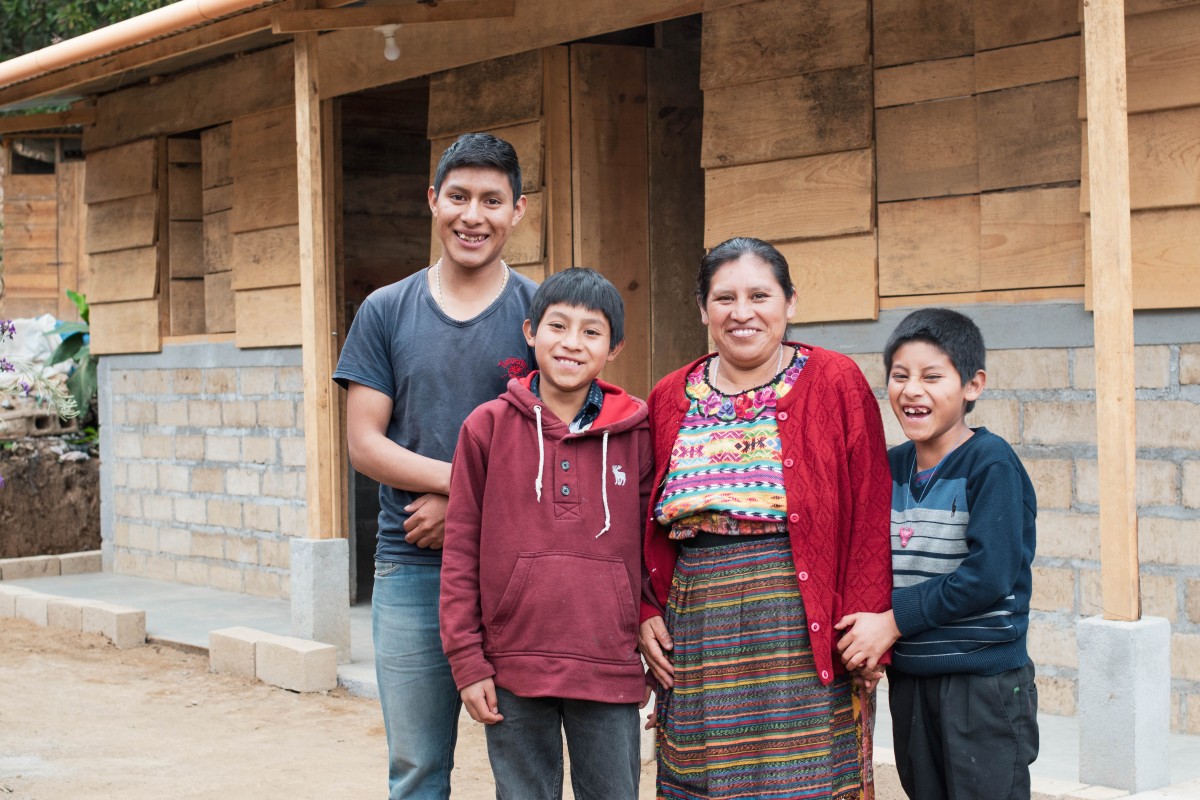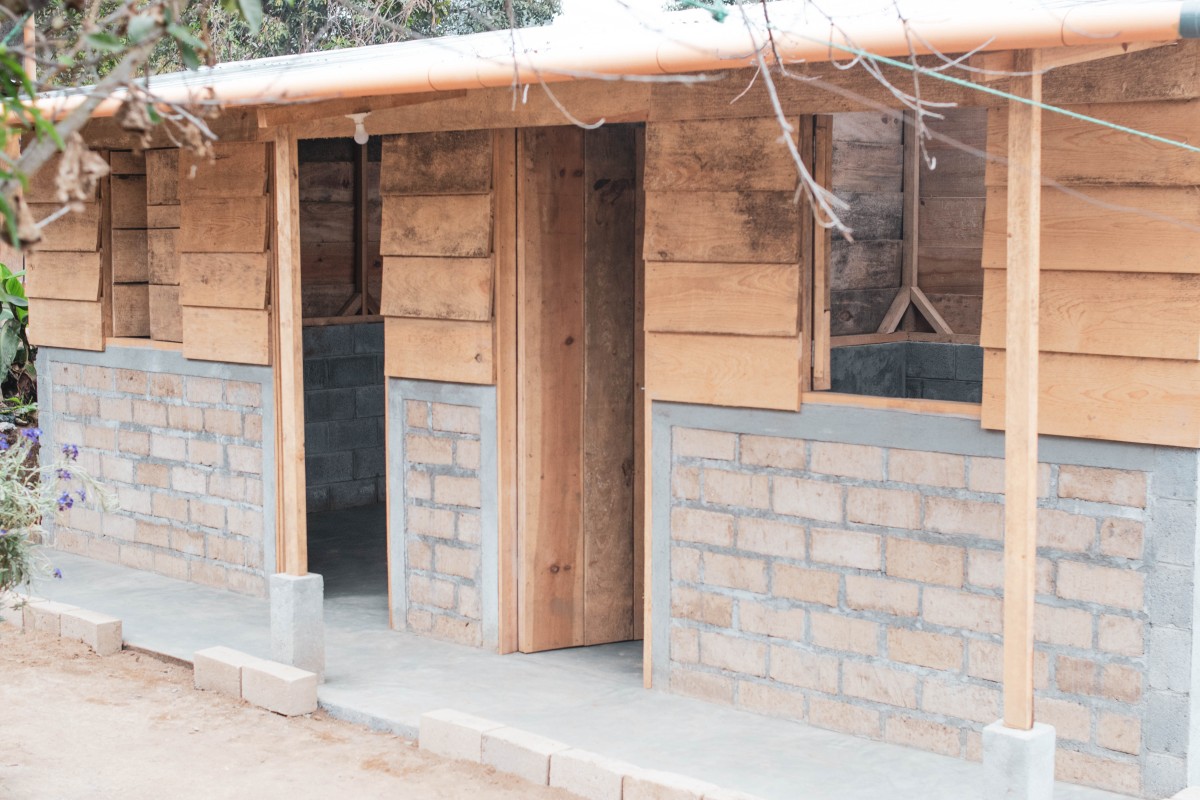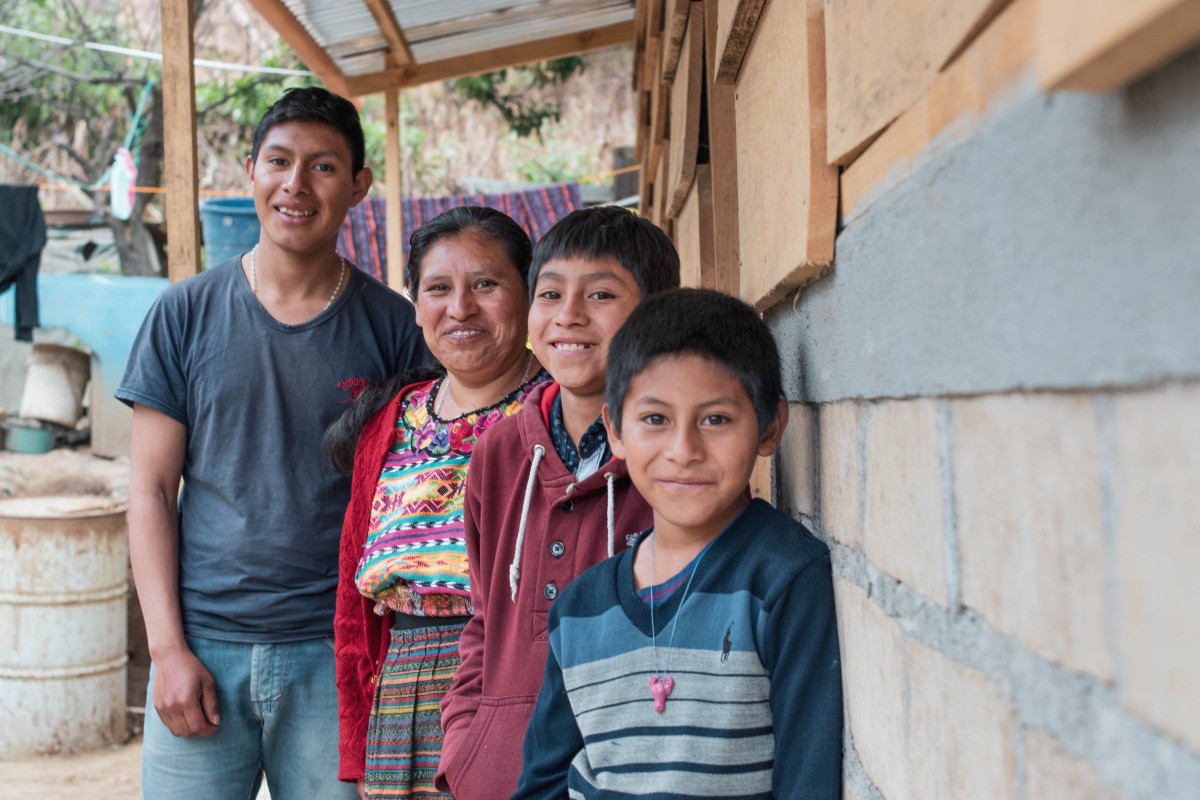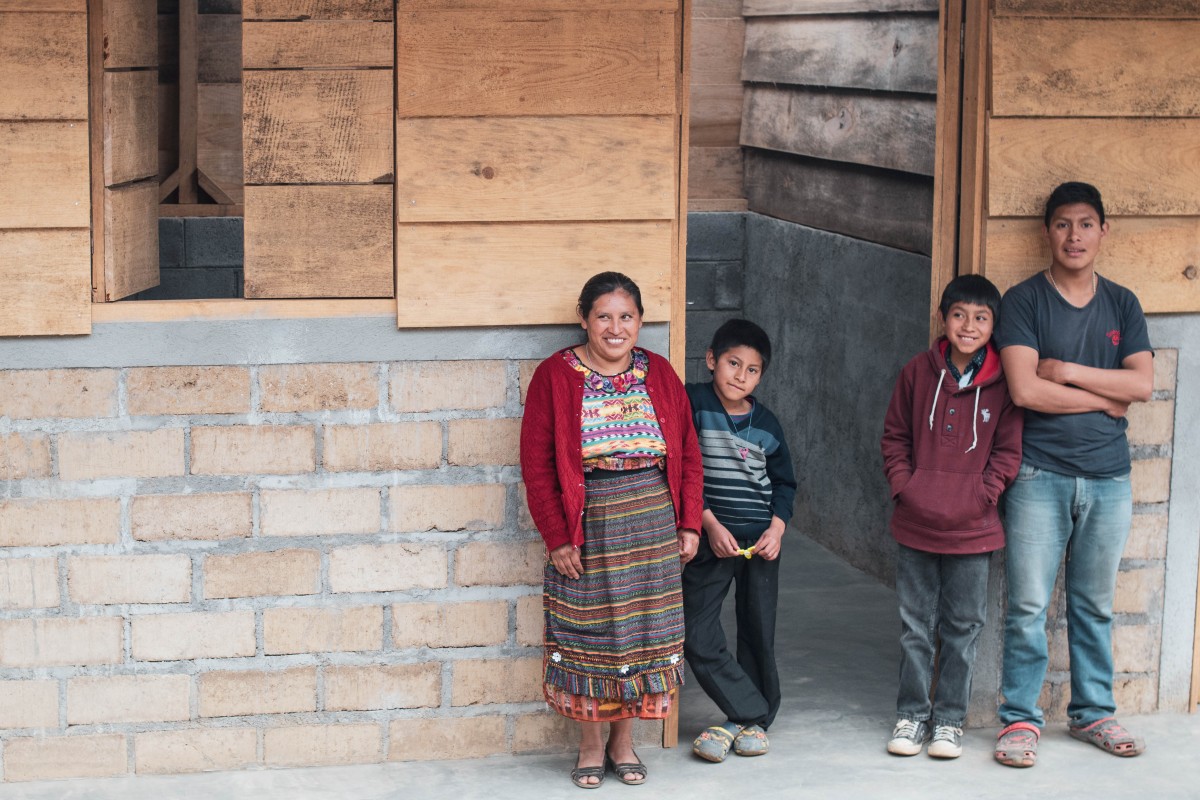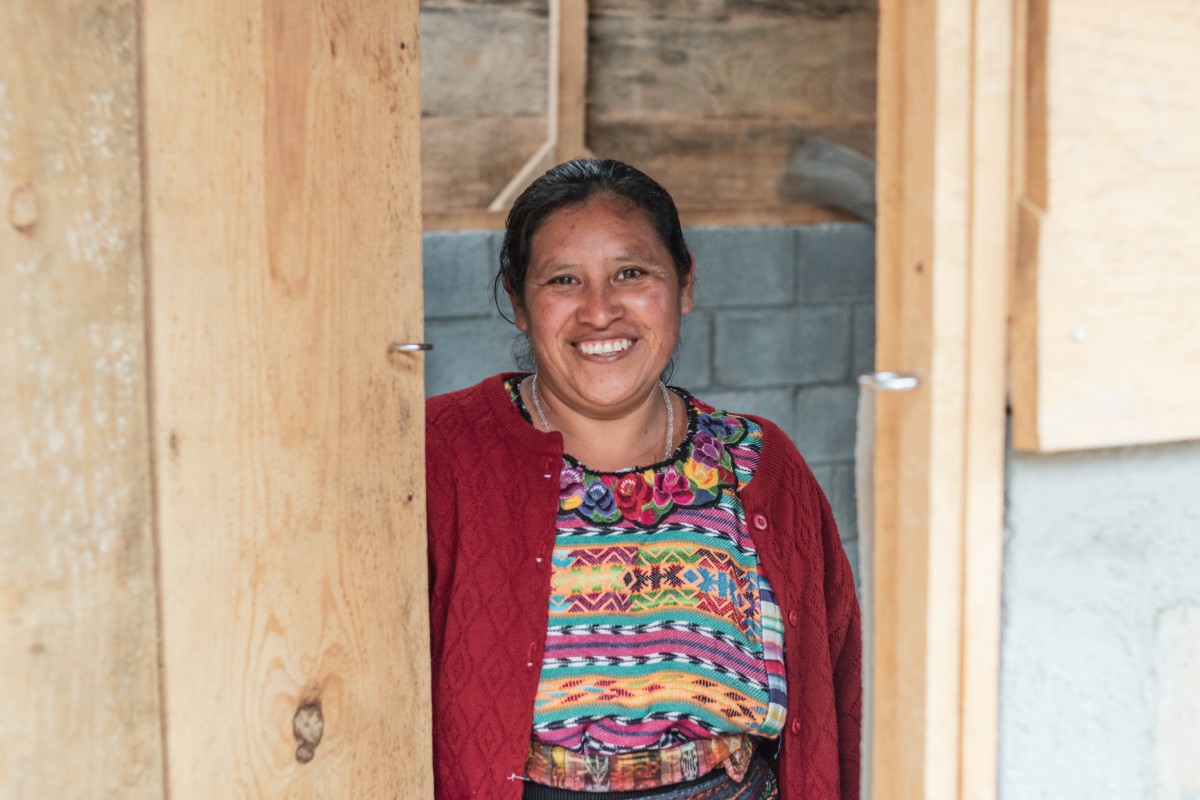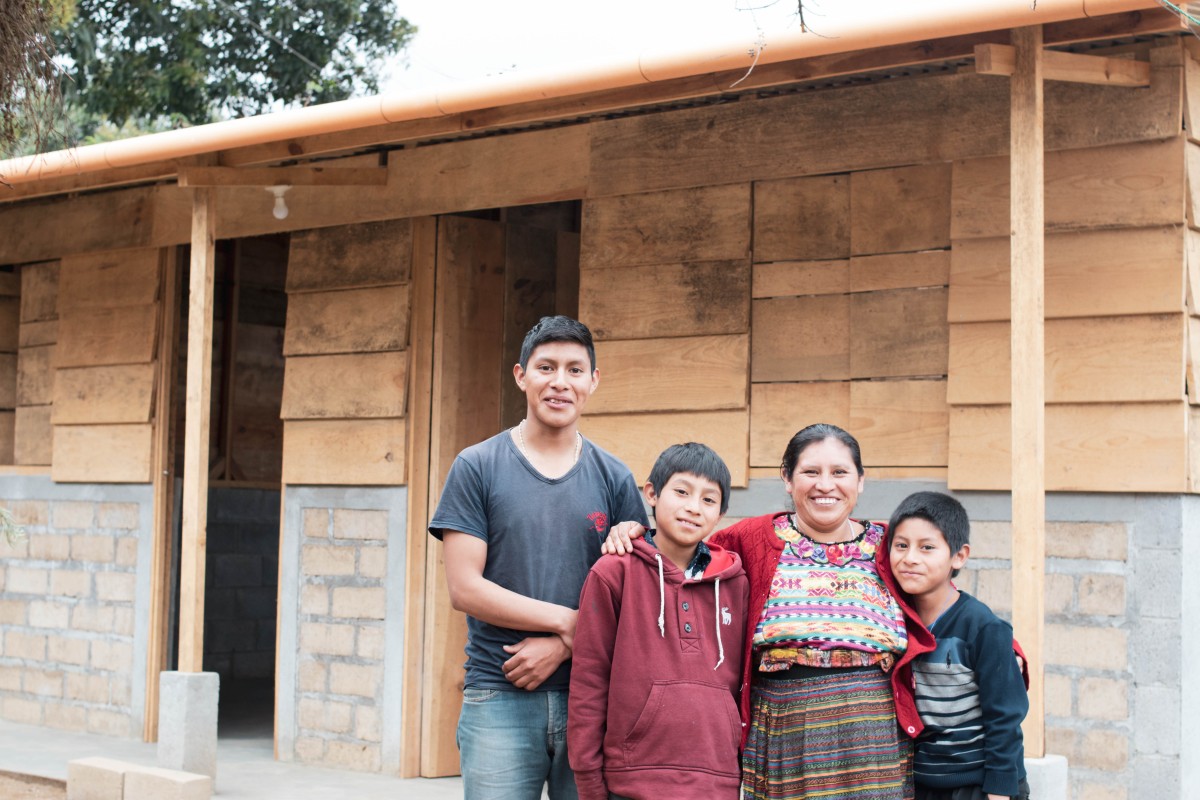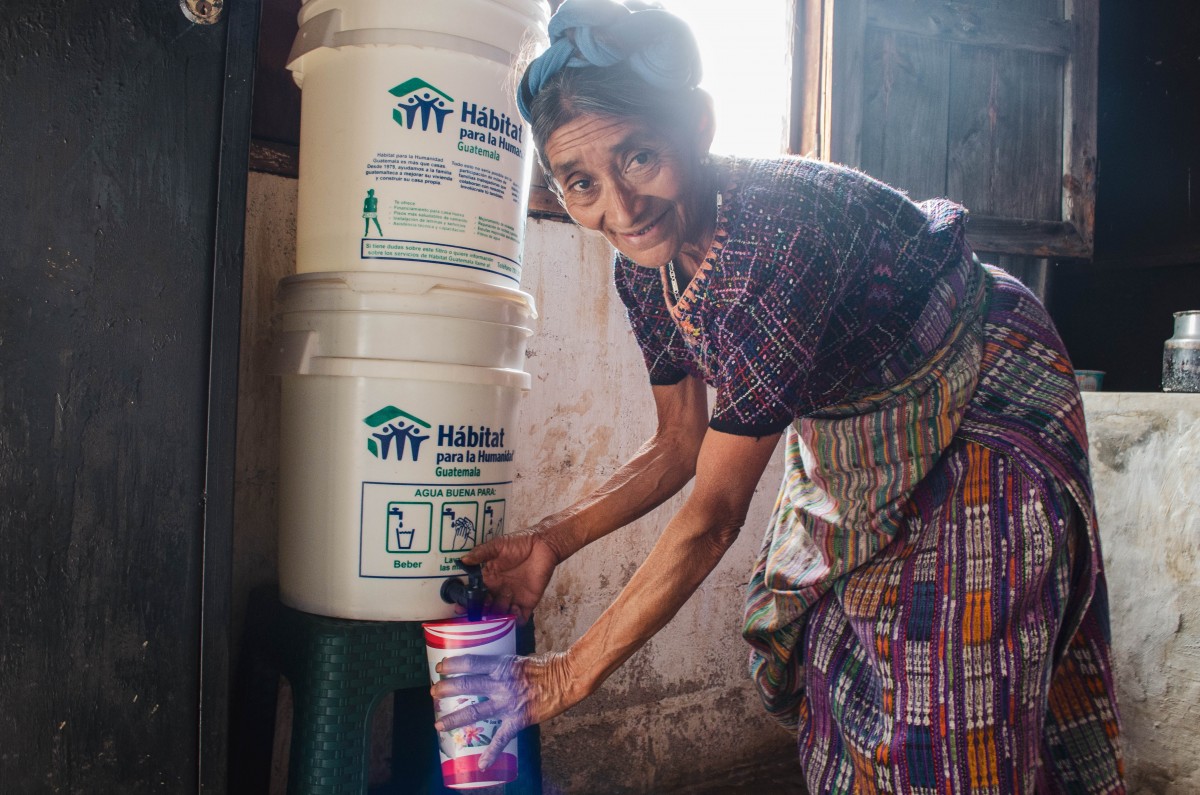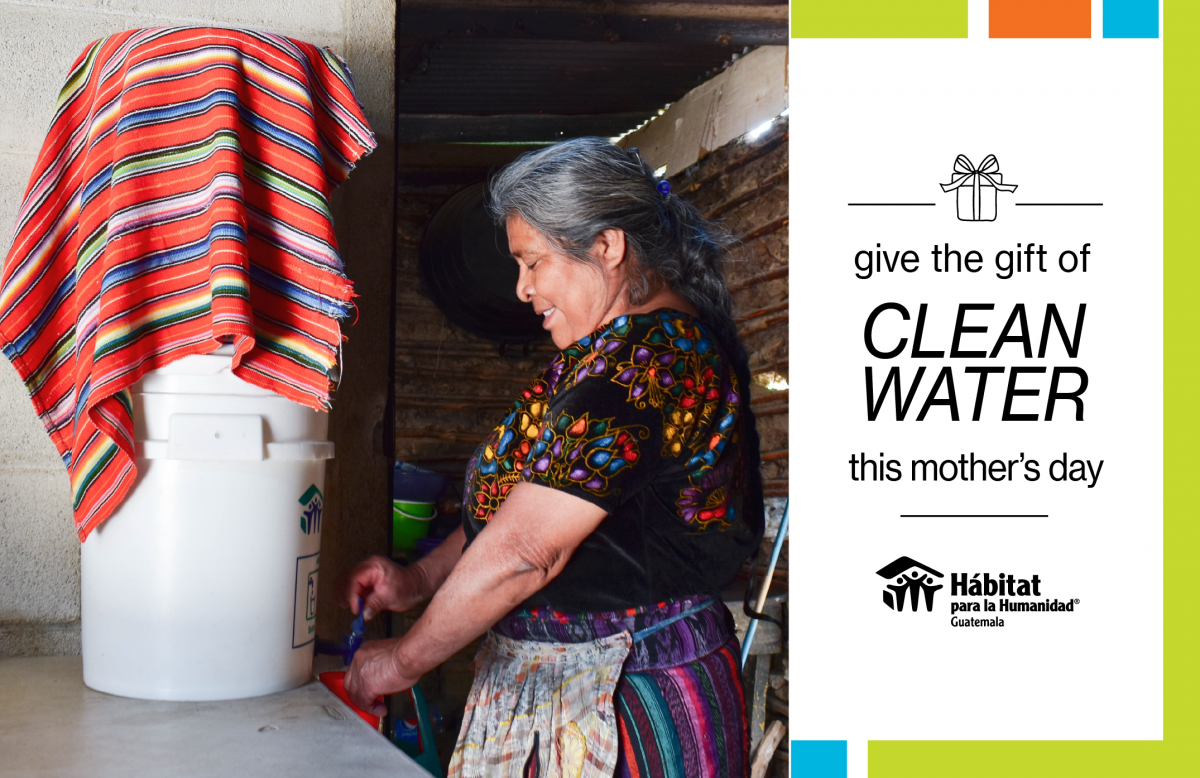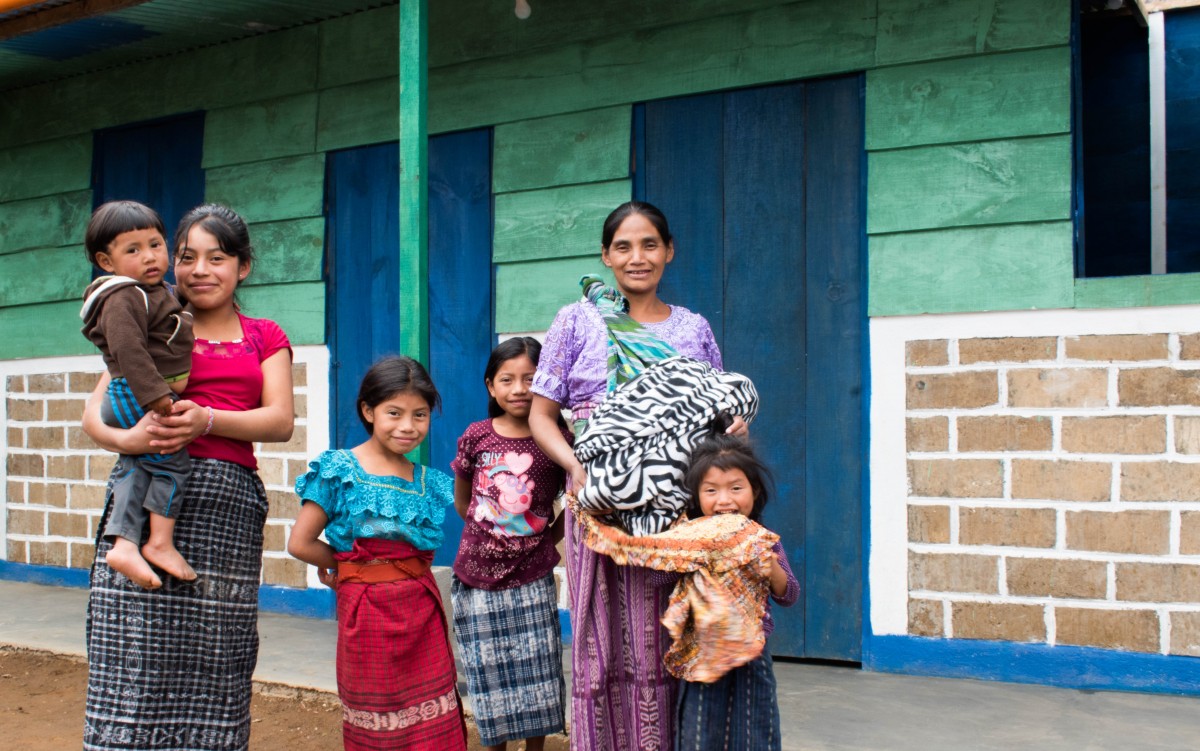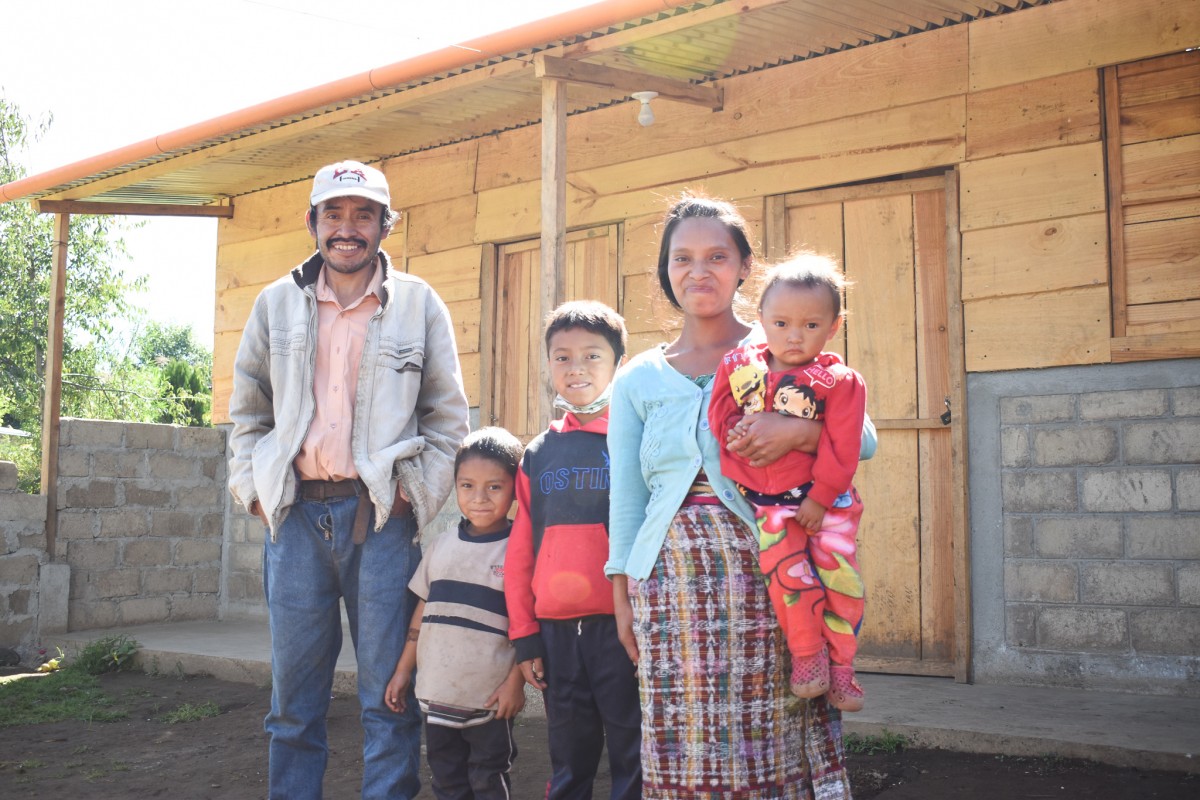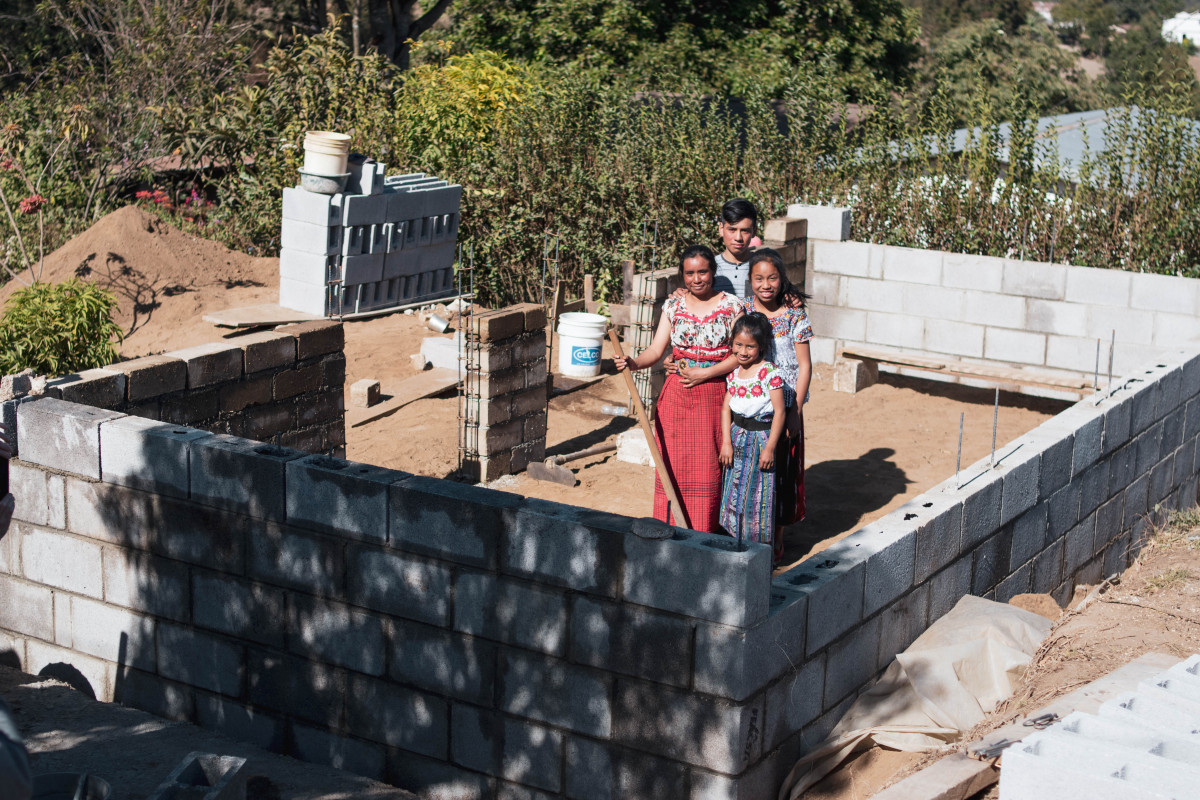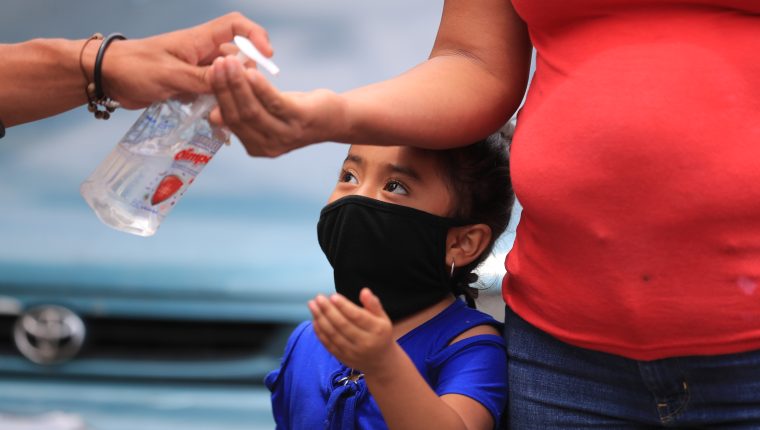
(Photo: Prensa Libre: Juan Diego González)
Updated on August 26, 2020.
María Rosa Reyes Galicia.
Like many other families across the globe, Guatemalan families are currently facing difficult times due to the COVID-19 pandemic. Joaquín López, our Special Project Coordinator, explains the impact of the coronavirus in Guatemala and our response to it.
With the immediate threat of the COVID-19 pandemic, Guatemala has reported 69,651 confirmed cases, 50,692 recovered and 2,630 deaths at the time of writing. The number of cases is relatively low in relation to other Central American countries considering that the population of Guatemala averages about 15 million[1]. Nevertheless, according to the Pan American Health Organization (PAHO), in the upcoming weeks there could be an increase in infections and deaths in all of Latin America. This will depend greatly on the regulations that each country adopts[2].
Although Guatemala has a weak health system with low coverage[3], in the last several weeks the government of Guatemala has adopted specific measures to deal with the pandemic. There has been a quarantine order in place since March 16th, the closure of borders by sea, land or air, establishment of a curfew, restriction of travel between departments (geographic areas similar to states), suspension of public transportation, and closure of shopping centres – with the exception of economic activities revolving around essential products. These measures, along with opening temporary hospitals at distinct points nationally, aim to reduce the spread of the virus that still has no cure and creates huge uncertainty for the future.

(Photo: Prensa Libre)
Suspending work and advising people to stay at home – in a context where most employment (70%) is informal, over three in five people (61.6%) live in poverty, almost one in four (23%) live in extreme poverty[4], and half (50%) of children suffer from chronic malnutrition[5] – has impacted families in many ways[6].
Those families living in poverty will fall into extreme poverty. Countless families will find their livelihoods interrupted and will not be able to cover the cost of basic services. The food security of many will be put at risk, and in vulnerable climate zones the effects of the drought will make farming to live impossible[7].
Currently, the government is providing assistance to 200,000 families[8] with food and cash vouchers over three months, which could benefit 1.2 million people. Nevertheless, this coverage is low considering that 3.4 million live in extreme poverty. Additionally, a large part of this vulnerable population lives in remote rural areas where they will not be able to maintain their livelihood or have access to government support.
From this context emerges Habitat for Humanity Guatemala’s intention of collaborating with families and communities in vulnerable regions. Through a network of both national and international donors, Habitat is in the process of raising funds to support those most in need, in three phases.
The first will be a response effort, working with our network of community leaders and volunteers in rural areas to identify families in need. This phase will include providing basic items that will cover their food deficit for a month. It will also include the distribution of hygiene kits to prevent the spread of the virus and guarantee health and hygiene in homes for several months. Such kits, include:
- 10 pounds of corn flour
- 5 pounds of beans
- 5 pounds of sugar
- 2 pounds of atol (corn drink)
- 5 pounds of rice
- 5 pounds of pasta
- 1 pound of salt
- 1 bottle of cooking oil
- 6 packets of soups
- 6 reusable masks
- 2 bottles of antibacterial gel
This process will be implemented along with public campaigns and promotion to avoid the contagion and encourage health in the home, using visual and audiovisual materials in local languages.

The first 100 kits have been delivered!
On May the 26th and 27th, the families from San Lucas Tolimán, Sololá were benefited with the first 100 food and sanitary kits.

On June the 10th, another 100 Food & Hygiene kits were delivered to the families of El Progreso!
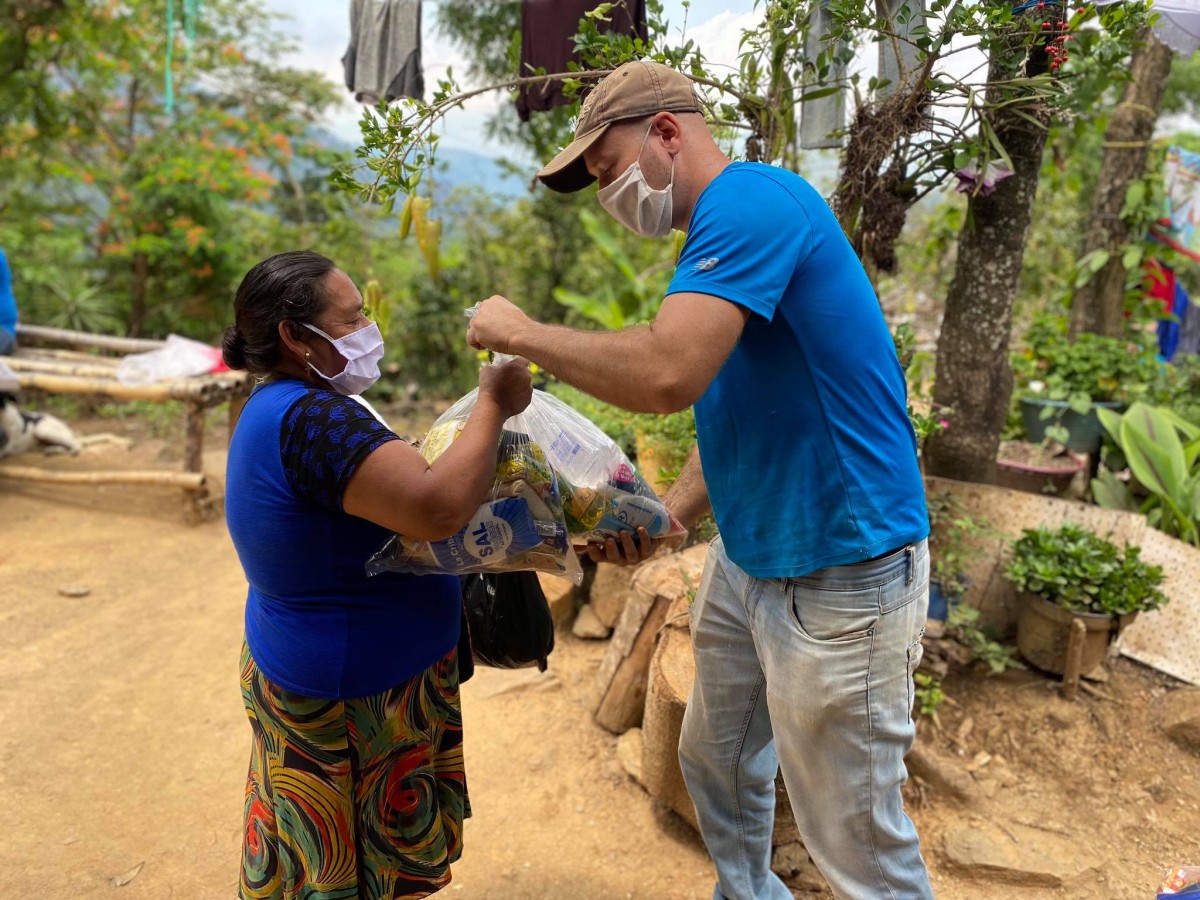
The second phase will be focused on recovery efforts, strengthening the livelihood of many by, for example, poultry farming – guaranteeing access to protein (meat and eggs). This phase also includes home improvements in order to guarantee access to water, adequate sanitation systems, and improvements in the physical structures of the home.
The third phase is mitigation, and will be implemented long-term. It will promote the social construction of resilience through regular trainings, and the development of workshops for community leaders and families. In this process, sustainable permanent productive projects will be implemented, such as family gardens.
We aim to reach more than 2,000 families in remote rural areas who are not being supported by other programmes. However, the journey to achieve this still requires both fundraising, and the hope that normal activities can resume. This will be subject to the number of those infected in the country diminishing. What happens with the rate of infection in the following weeks will be decisive in assisting families who are suffering most in quarantine.
[1] INE – Instituto Nacional de Estadística. (2018). Censo de Vivienda y Población 2018.
[2] AFP. (2020). OPS prevé un aumento de infectados y de fallecidos por COVID-19 en Latinoamérica a fines de abril y principios de mayo.
[3] USAID – United States Agency International Development. (2015). Guatemala. Análisis del Sistema de Salud.
[4] OPHI – Oxford Poverty and Human Development Initiative. Global MPI Country Briefing 2019: Guatemala (Latin America and the Caribbean.)
[5] PNUD – Programa de las Naciones Unidas para el Desarrollo (2017). Humanitarian Needs Overview Guatemala.
[6] Monzón, M. (2020). El covid-19 y la Guatemala desigual. Publicado en Prensa Libre (31/03/2020)
[7] Recuperado de https://www.prensalibre.com/guatemala/comunitario/lo-mas-duro-de-la-crisis-alimentaria-esta-por-llegar-al-corredor-seco/
[8] Recuperado de https://dca.gob.gt/noticias-guatemala-diario-centro-america/hospital-temporal-de-quetzaltenango-estara-listo-la-proxima-semana/
